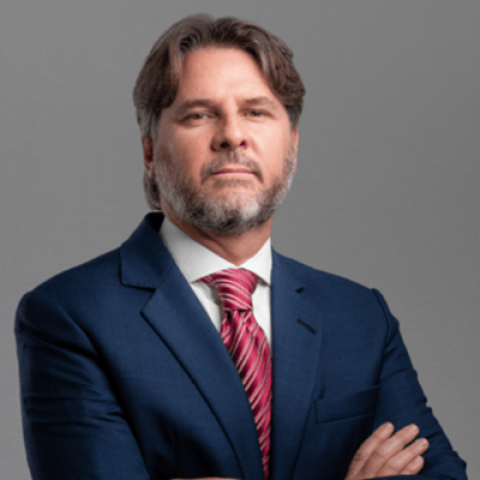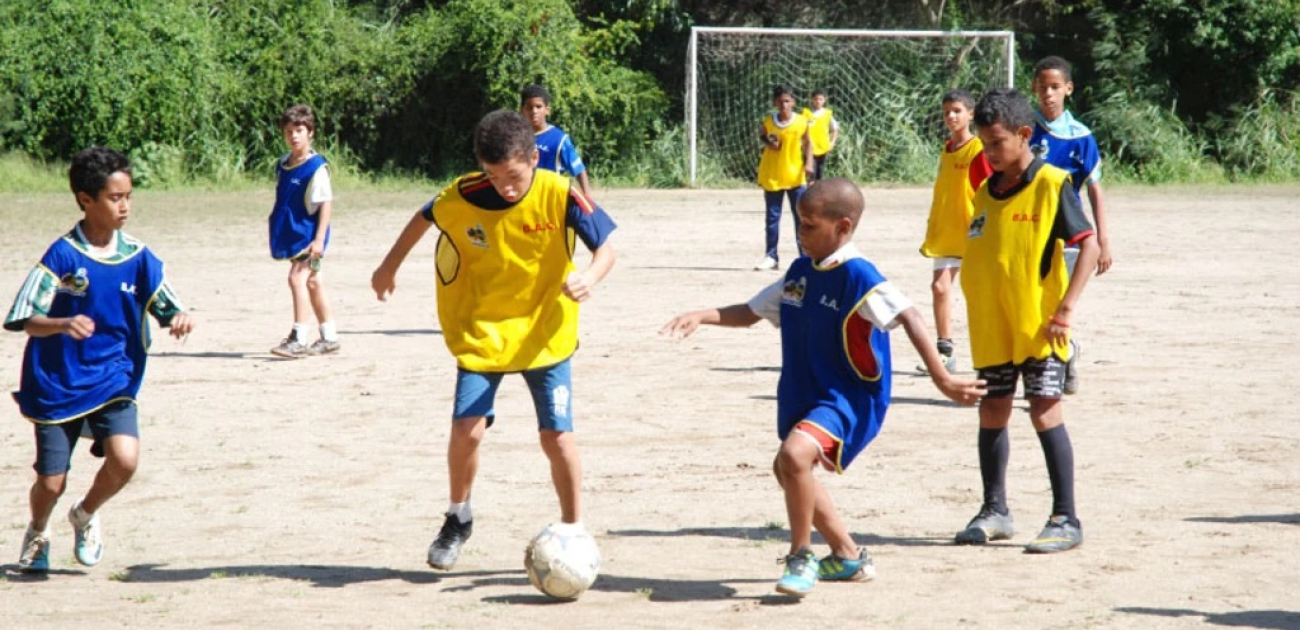Sócrates, Neymar, Galvão Bueno and the Role of Football
One night at dawn in 2009, I got a call around 11:30 pm on a Wednesday. It was the journalist Victor Birner, inviting me to meet him at a bar. He knew that my house had come to be dominated by Olivia, newborn. Hence my answer, almost indignant, invoking the preciousness of sleep.
A pity, he replied, as he had just left TV Cultura, after participating in the Cartão Verde program, and was on his way to..., accompanied by Sócrates, Juca Kfouri, Chico Sá and Vladir Lemos. I didn't hesitate and asked how soon we would meet.
Minutes later, I was next to one of the idols of my life-after, obviously, his brother, Raí, the greatest player in the history of São Paulo and PSG (according, incidentally, to the French fans themselves).
At some point, and after an uncountable sequence of glasses, I plucked up courage and asked Sócrates if Sarriá still meant something to him. He was taking a sip to his mouth, but stopped him. He stared into space for a few seconds (it seemed like minutes to me), turned towards me, with an expression closed to the standards of the night, and uttered an epithet that I will never forget: many nights of his life he did not sleep because of sarria.
Despite his young age at the time of the tragedy - nine years old - I still remember or dream of Sarriá. It would be the historical - or poetic - event that, if I had the divine power to modify, I would choose, even before the fate of some political event or military battle changes.
Socrates, the activist, the ace, the democrat, the genius, was also undisciplined. Every undisciplined person has something selfish, because indiscipline disturbs relationships or organizations.
It is said, however, that, to be ready for the 1982 World Cup, he would have dropped the habits that hindered his sporting performance and focused on his preparation. The overcoming of supposed selfishness (perhaps the expression is inappropriate), contributed to the result that everyone knows: one of the most beautiful (or the most beautiful) combinations of players in history, despite the failure, with 4 wins and a fatal defeat, against the pragmatic and prosaic Italian team.
It is not a question here of comparing Sócrates to Neymar, as they are different people, moments and worldviews. More than that: from the 1980s to the present, the high-performance player, especially at world level, is no longer just a player and has become a product or a company - whether you like this finding or not.
But it is intended, on the other hand, to recognize the effort, at least for the external spectator, undertaken, at a critical moment in history, by the best player in the country.
After a succession of negative personal or sporting events, Neymar seemed really focused on the cup and, more importantly - in my opinion -, with a less individualistic and more collective stance, in order to overcome his own obstacles.
Right at the beginning, however, another professional accident almost kept him from his goal. It is symbolic, in this drama, of the weight that was placed on his shoulders, the fact that, even injured, he remained on the field until exhaustion.
Upon returning to his duties, after two consecutive absences, his importance was evident, not only in an easy victory against South Korea, but, in particular, when he assumed his responsibility against the current world vice-champion Croatia and forward, with a brilliant move, qualifying for the semifinals - if it weren't for an incomprehensible and unforgivable tactical error by a team that, although fragile defensively, had not, until then, failed like that.
Whether Sócrates and/or Neymar changed their habits out of love for the people, the national team or themselves, or their own (and not for that reason illegitimate) business interests (which could be Neymar's case), is a question that is not intended. , at least for now, to face - and that does not change the conclusions of the text.
Socrates symbolized democratic hope; Neymar the division of a country that has become intolerant, but which desperately needs to reunite.
I remember the scene from the film "The Year My Parents Went on Vacation", by director Cao Hamburger, in which political persecution from the dictatorship cheered, in the basements, for the Brazilian national team of 1970, despite the undue appropriation of that symbol by an unacceptable regime - the same one who tortured and eventually killed them.
In a way, that Brazilianist feeling justified the struggle that was undertaken for a free and democratic country; and which should now supersede the affirmation (or the interest) of differences.
Football, in this sense, is much more than just a sport; or the most important of unimportant things. It is a way of social ascension (one of the few, by the way, in a country marked by inequality) and of economic development, historically neglected by the State and by the cultural and patrimonialist elites, because they sometimes want to manipulate it, sometimes to exploit it. It is therefore essential for Brazil and its people.
That is why Galvão Bueno, precisely he who lives football (and became what he is because of football), is wrong when he says that life goes on, that football does not solve the problem of any country, any war, any world none.
Anyone who distances a few kilometers from the bubbles represented by the chic neighborhoods of Brazilian capitals (or who has watched the Funkbol series, produced by Kondzilla, available on the Prime Video platform), will know that football can indeed be the solution to problems of the people who see the selection, every 4 years, as a dream - and not a commercial or political demonstration.
Do you want more information?
 Rodrigo Monteiro de Castro
Rodrigo Monteiro de CastroRodrigo Monteiro de Castro is specialized in corporate and business laws, corporate transactions (M&A), capital markets and contracts.

